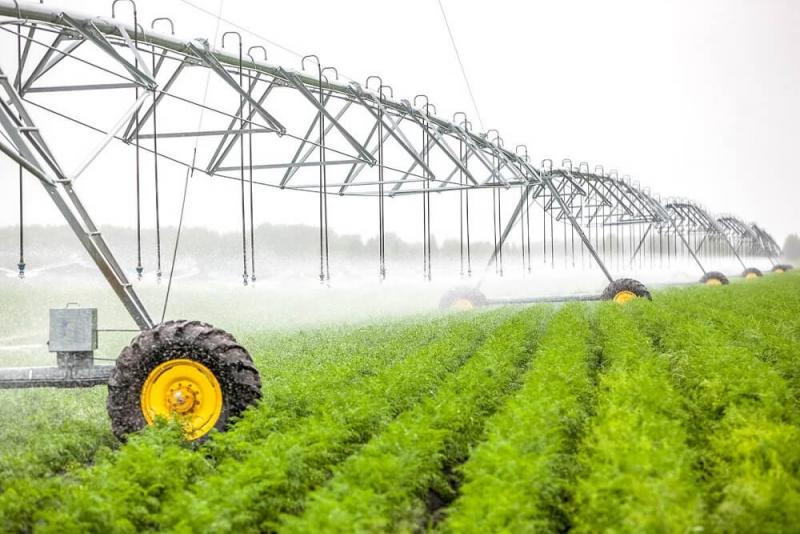In recent years, precision farming has revolutionized agriculture by harnessing cutting-edge technology to optimize crop production. One of the key areas experiencing rapid advancements is irrigation machinery. Traditional irrigation methods were often inefficient, leading to water wastage and uneven crop growth. However, with the emergence of precision farming solutions, farmers now have access to a growing landscape of innovative irrigation machinery that promises enhanced water management and increased yields.
One of the primary drivers of this transformation is the integration of sensor technology. Soil moisture sensors, weather monitors, and satellite imagery allow farmers to gather real-time data on soil conditions, weather patterns, and crop health. Armed with this information, automated irrigation systems can be precisely calibrated to deliver the right amount of water at the right time to each plant. This not only conserves water resources but also prevents overwatering, which can be detrimental to crop health. Additionally, remote monitoring and control enable farmers to manage irrigation systems from their smartphones or computers, offering unparalleled convenience and flexibility.
Moreover, precision irrigation machinery has opened doors for sustainable practices in agriculture. Drip irrigation and micro-irrigation systems are gaining popularity due to their efficiency in delivering water directly to the root zone of plants, minimizing evaporation and runoff. By reducing water usage, farmers can play a crucial role in conserving scarce water resources and mitigating the environmental impact of agriculture. Furthermore, some precision irrigation systems are designed to work in conjunction with fertigation, a process where fertilizers are dissolved in irrigation water, ensuring nutrients reach the plants precisely when needed. This not only enhances crop yield but also minimizes nutrient leaching, reducing the risk of water pollution.
As precision farming technology continues to evolve, the future of irrigation machinery appears promising. Advancements in artificial intelligence, machine learning, and robotics hold the potential to further optimize irrigation systems by predicting water requirements and automating irrigation processes. Additionally, the integration of renewable energy sources can lead to more sustainable irrigation practices. With precision farming solutions driving the transformation of irrigation machinery, farmers have an incredible opportunity to embrace these innovations and contribute to the sustainable growth of agriculture while meeting the challenges of a growing global population.
